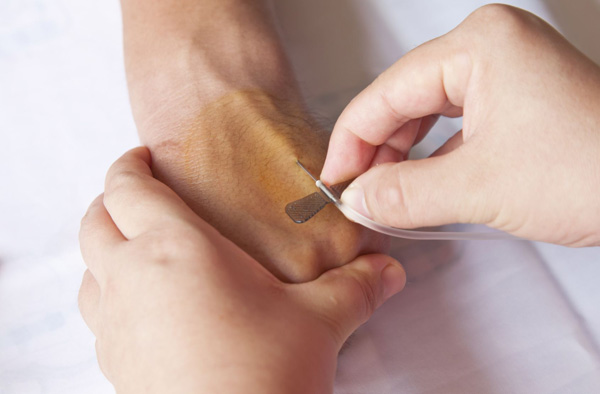In its upcoming clinical trial of their CAR-T therapy, Kite Pharma plans to use low-dose fludarabine as a preconditioning agent – a drug implicated in the death of three patients in a similar study conducted by Juno Therapeutics. Following the deaths, both Juno and the US Food and Drug Administration (FDA) decided to cease using fludarabine for the remainder of the company’s clinical trial.
The FDA issued a brief clinical hold on Juno’s Phase II CAR-T study last week while the cause of the patient deaths were being investigated. Once the company had submitted the necessary information to the regulator, the ROCKET study was allowed to continue without the use of fludarabine.
Just hours after the Juno trial was stopped, Kite announced they had already enrolled 72 patients with certain blood cancers in their Phase II clinical trial of their candidate, KTE-C19. The study is set to use both cyclophosphamide and fludarabine as preconditioning agents, though Kite says they will be administered at much lower doses than they were in the Juno trial.
“Kite Pharma’s announcement regarding the enrollment of the 72nd patient marks a significant milestone in our ZUMA 1 trial,” a spokesperson for Kite Pharma told FierceBiotech. This trial is the culmination of over 10 years of study and testing where Kite and our NCI collaborators have carefully examined every aspect of CAR-T therapy including the optimal dose pre-conditioning regimen of cyclophosphamide and fludarabine and the KTE-C19 cell dose.
“Our analysis has been methodical and systematic and included dose ranging studies and a Phase I run-in to the ZUMA studies of diffuse large B-cell lymphoma (DLBCL) and acute lymphoblastic leukemia (ALL),” the spokesperson continued. “Kite’s clinical program is ongoing with data anticipated from the ZUMA 1 trial later this year.”
According to analysts at Jefferies, there have now been four patient deaths as a result of Juno’s clinical trial – a statement that has so far not been confirmed by Juno. While Juno’s shares were impacted after the trial was put on hold, they have since rebounded as the study is now allowed to continue.












Join or login to leave a comment
JOIN LOGIN